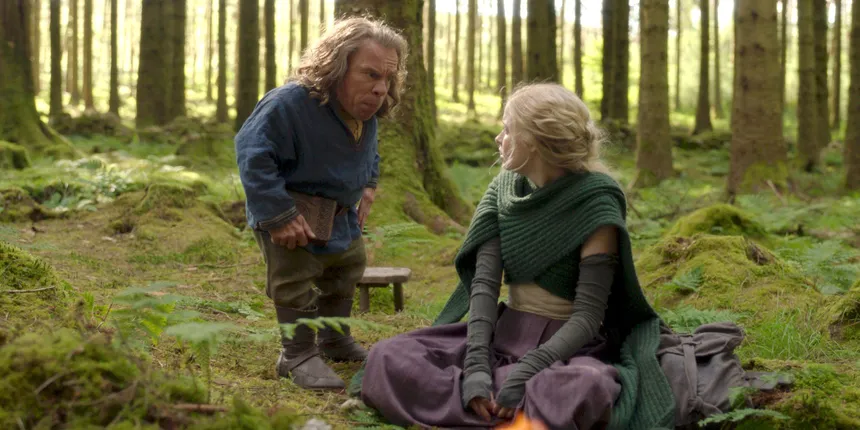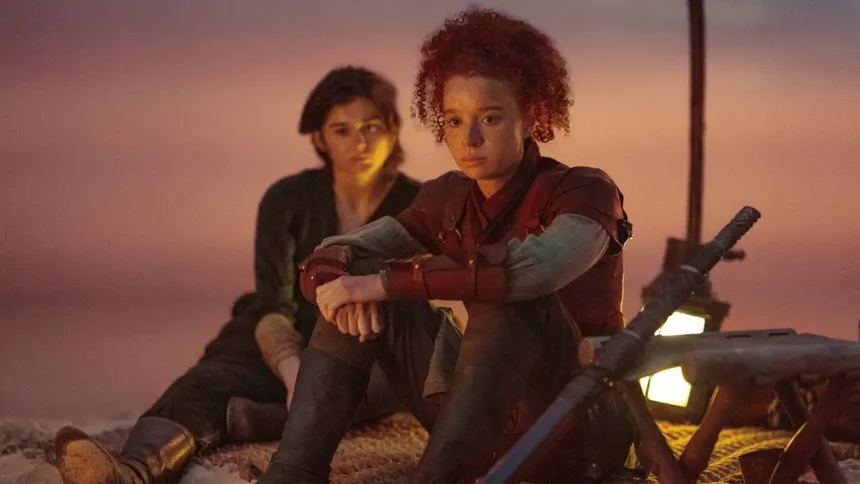The recent releases of “1899” and “Willow” have sparked controversy over the use of modern music in genre television. While these shows may seem worlds apart in tone and style, they share a common thread – both feature modern pop-rock songs in their credits rolls, which has left some viewers perplexed and disoriented. Many fans of fantasy and historical TV shows are accustomed to orchestral scores or period-specific music, and the inclusion of modern music can be jarring. However, the creators of “1899” and “Willow” made these choices intentionally, aiming to achieve a specific thematic or aesthetic goal.
For “1899”, the modern music plays over the credits, slowly building in the background of the final scene before transitioning to the credits roll. This choice is meant to be a reflection of the events and themes present in each episode, with the songs chosen to tie in with the narrative. Similarly, “Willow” uses modern music to highlight the differences between its new and older protagonists, and to reflect the show’s faster-paced and more energetic tone. While some argue that this choice detracts from the show’s immersion, others see it as a bold and innovative approach to storytelling.

A Still From Willow (Photo: Willow)
The pushback against modern music in genre TV is largely rooted in preconceived notions about what these types of shows should be like. Serious fantasy stories often maintain an epic tone, with traditional orchestral scores, while more comedic-fantasy and historical fiction can often get away with deviating from this expectation. However, for those who are open to change, the inclusion of modern music can be a welcome departure from the usual fare.
Ultimately, our expectations for fantasy and historical TV shows are needlessly restrictive. While not every attempt at incorporating modern music will be successful, it’s worth exploring and experimenting with different approaches. As “1899” and “Willow” demonstrate, modern music can be a powerful tool in genre TV, adding a new layer of depth and complexity to the stories being told. By embracing change and being open to new and innovative approaches, genre TV shows can continue to evolve and thrive, and modern music can become an integral part of this evolution.
























